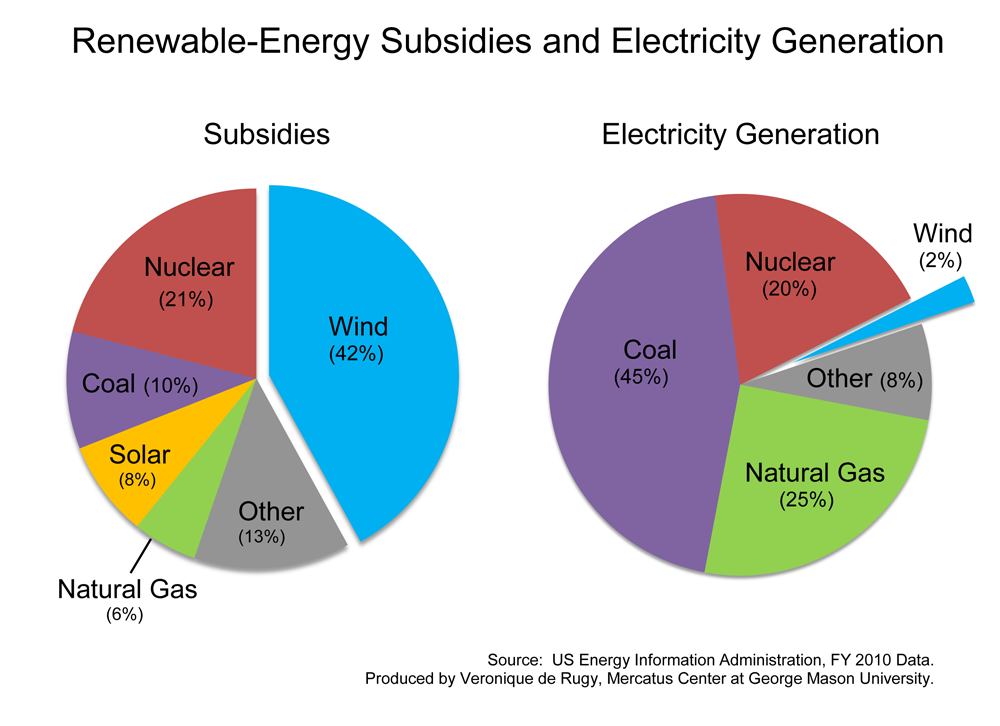Last Thursday former Governor Richardson praised the Endangered Species Act for the way that “best available science” has informed decisions (and his role in them) based on the Act.
While I agree that species conservation is important to all of us, the former Guv overstates the Act’s effectiveness and includes nary a word about its cost. He cites three species (Gila trout, Aplomado falcons and Mexican gray wolves) that have benefited from the act. To that I ask, “compared to what?” Would they be extinct absent the Act or some other form of the Act?
He also says “the Act has prevented the extinction of 99 percent of the more than 1,400 species placed under its care.” Really? Without the Act (or some other form of the Act) more than 1,390 listed species would now be extinct!?
Professor Jonathan Adler’s scholarship suggests that the Act could be made more effective and its costs reduced. His testimony before congress is here. His reasons:
Private land owners have incentives that are counterproductive to the the Act’s stated intent. “the Act effectively penalizes the owners of land upon which endangered species depend.” Moreover, “regulatory provisions of the act can discourage the discovery and collection of needed scientific information about potentially imperiled species” by private land owners.
Decisions are often the result interest group conflicts, making them more politically based than scientifically based:
The listing of individual species, the designation of critical habitat and the implementation of conservation measures often prompt fierce legal and political battles. Sound science is often a casualty in these conflicts as the combatants twist and manipulate the available scientific evidence to support predetermined policy preferences. Activists on all sides claim that “sound science” supports their respective positions, and scoff at the “junk science” relied upon by the other side. In actual fact, what often divides the respective camps is not a devotion to science, but sharply divergent policy preferences dressed up in scientific garb.
Once a scientifically based prognosis is given for an endangered specie, we still need to determine what, if anything, to do about it. Science itself should play a pivotal role but it should not dictate policy. We need to estimate the costs (tradeoffs) involved. Are they worth it? That is the question we should answer for policy.
Only 22 species of the approximately 2000 listed as endangered or threatened since 1973 have been categorized as having recovered. The Endangered Species Act has met only one percent of its goal in 40 years — a far cry from Governor Richardson’s hyperbole.
The Endangered Species Act has ignored the incentives of those reacting to it. Shouldn’t an examination of those incentives be part of the science needed to improve the Act?








